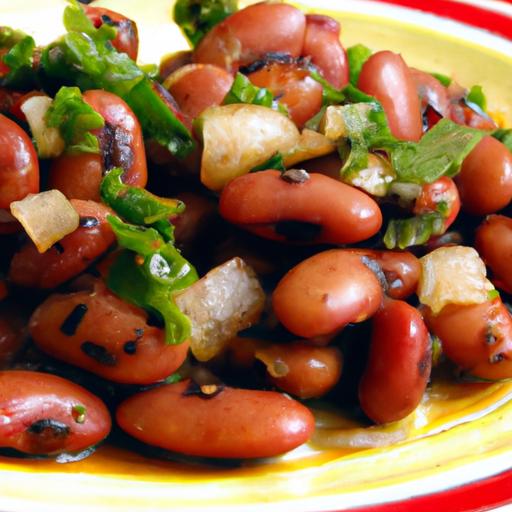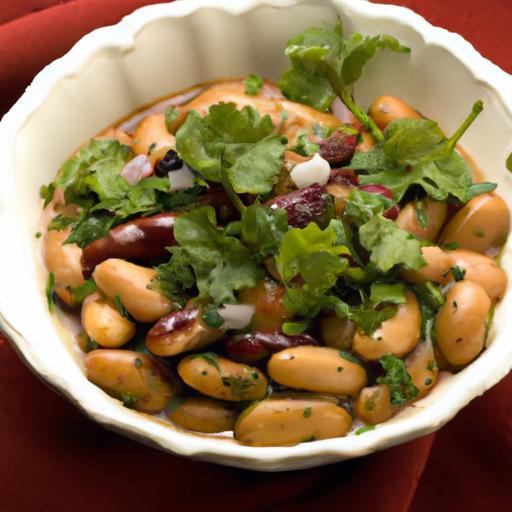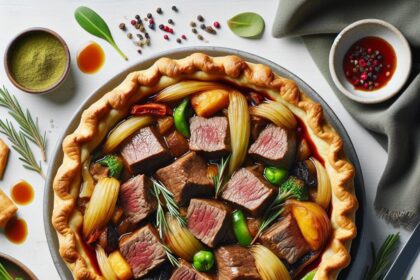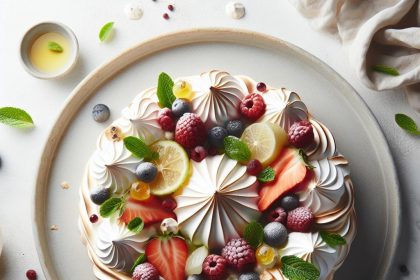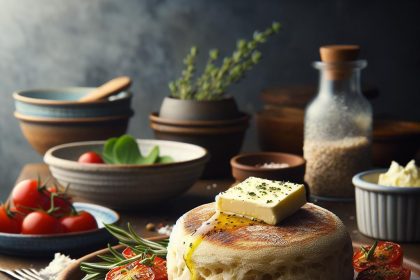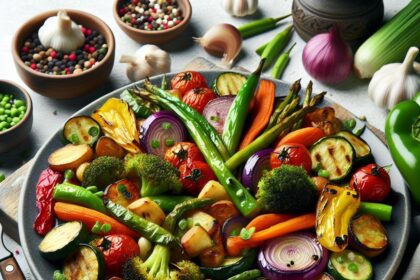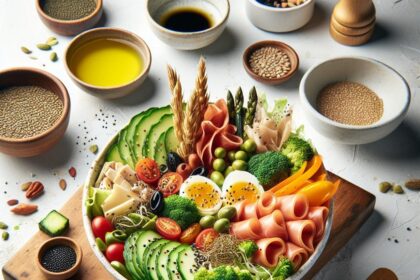There’s nothing quite as satisfying as biting into a perfectly cooked bean-tender, flavorful, and just the right amount of creamy. Yet, for many home cooks, achieving that perfect texture can feel like a culinary mystery. You might have soaked, boiled, and simmered your beans for hours, only to find them stubbornly hard and unyielding. Why do beans sometimes refuse to soften? And more importantly, how can you unlock their full potential in the kitchen? In this article, we’ll unravel the science behind bean cooking, explore common pitfalls, and share expert tips to help you transform those tough legumes into a deliciously tender treat every time. Say goodbye to frustration and hello to perfectly cooked beans! That’s an extensive and fascinating list covering almost every aspect of flavor and taste science! How can I assist you? Would you like explanations on certain topics, guidance on experiments, cooking tips with scientific insights, or help in organizing this information? Let me know what you’re interested in!
Q&A
Q: Why are my beans still hard after cooking?
A: Beans can stay hard for several reasons-old beans, hard water, or insufficient cooking time. Older beans have lost moisture and take longer to soften. Hard water contains minerals like calcium and magnesium that toughen bean skins. And sometimes, beans just need more simmering love to become tender.
Q: How can I tell if my beans are too old to cook properly?
A: If your beans have been sitting neglected for more than a year, they may be too old. They tend to shrink, look shriveled, and take ages to soften. While they’re not unsafe, patience might not be enough to rescue them.
Q: Does soaking beans really help?
A: Absolutely! Soaking beans overnight rehydrates them, shortens cooking time, and helps them cook more evenly. It’s like giving your beans a spa day before the heat bath!
Q: Can the soaking water affect bean hardness?
A: Yes! Be sure to discard the soaking water and start fresh. The soaking water can accumulate compounds that slow softening, so rinsing well and cooking in fresh water is key.
Q: Is adding salt at the beginning of cooking a bad idea?
A: Contrary to old kitchen myths, adding salt early actually helps soften beans by breaking down pectin in their skins. Delay salt addition at your own risk-your beans might remain stubbornly firm.
Q: How does water quality play a role?
A: Hard water, rich in calcium and magnesium, strengthens bean skins, keeping them tough. If you suspect hard water, try cooking beans in filtered or bottled water, or add a pinch of baking soda to counteract mineral hardness.
Q: What’s the deal with baking soda? Should I use it?
A: Baking soda raises the water’s pH, softening beans faster. A tiny pinch in the cooking water can work wonders, but too much can give beans a soapy taste and mushy texture. Use sparingly.
Q: How long should I cook beans to get them perfectly tender?
A: Cooking times vary by bean type and age, ranging from 45 minutes to 2 hours. The best approach is patience and periodic testing-taste your beans every 15 minutes after soaking and simmer until they’re just tender.
Q: Can I speed up bean cooking without compromising quality?
A: Pressure cookers and Instant Pots are your best friends here. They dramatically reduce cooking times while yielding creamy, tender beans. Just follow the manufacturer’s directions for best results.
Q: Any quirky pro tips for foolproof beans?
A: Sure! Adding a bay leaf or a garlic clove can infuse flavor while softening, and cooking beans gently at a low simmer prevents splitting and mushiness. Also, avoid acidic ingredients (like tomatoes or vinegar) until beans are fully cooked, as acids can toughen them.
With these tips and a dash of patience, your beans will transform from stubborn to sublime every time!
Concluding Remarks
In the grand culinary quest for perfectly tender beans, patience and technique are your greatest allies. Remember, every bean variety has its own story-sometimes a soak, sometimes a simmer, sometimes a sprinkle of baking soda can transform that stubborn hardness into a creamy delight. With a little know-how and a dash of persistence, those once rock-solid beans will yield to your efforts, turning every meal into a celebration of texture and flavor. So next time you wonder, “Why are my beans still hard?” you’ll have the answers-and the confidence-to cook them perfectly, every single time. Happy simmering!